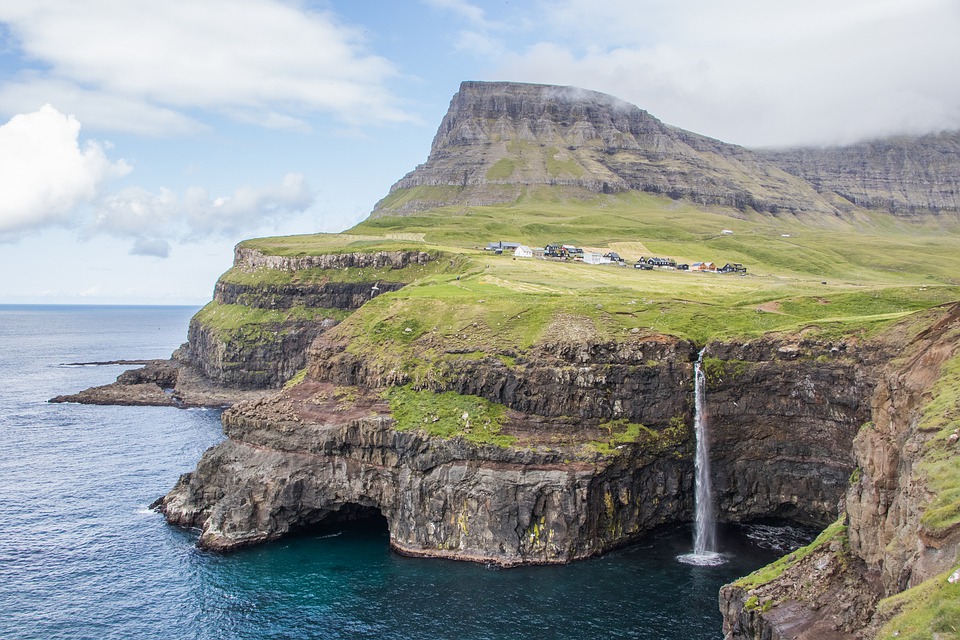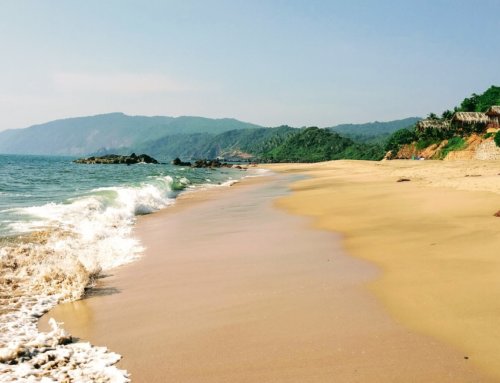Some of the world’s most beautiful tourist destinations fall prey to the ugly side of tourism. Whether it’s a beautiful beach or a far country side, tourists who don’t clean up after themselves can ruin popular destinations for those who come behind them.
Locations that receive a large bump in tourism are familiar with this problem. Beach destinations like Tulum in Mexico and Bali in Indonesia struggle to keep up with the influx of tourists. Cleaning up the beaches after the peak season can become a real struggle. In the Philippines, the government shut down the famous Boracay beach in 2018 for a major cleanup and redevelopment of the area.
The Faroe Islands have found a similar, and yet different, approach. The Faroe Islands are a small but beautiful territory. The islands are part of Denmark and tucked away between Iceland and Norway. The capital city, Tórshavn, has a population of 13,000. Tourists travel here for the stunning waterfalls and steep coastal cliffs. The grassy heathland, mountains, and valleys are popular with birdwatchers. The Faroe Islands are the perfect place for a quiet, nature filled holiday.
During the past few years, the islands have seen a boost in tourism. This has also left them with the problem tourists leave behind, a great big mess. To keep the island as beautiful as it is now for future generations and tourists to come, the Faroe Islands will close to tourists in 2020 for the weekend of April 16th to the 17th. During this time, hotels and flights will still be allowed to fly in, but major attractions will be shut down to the public.
During this time, they will choose one hundred tourists as volunteers to come and help clean up the islands’ biggest attractions. Residents will be joining in on this conservation project to keep the countryside pristine.
The country first closed its major sights and attractions to tourists for a weekend in 2019. This project went very well for the country and so they are repeating it in 2020. In 2019, the tourism board received thousands of applications for the volunteer spots, so those who are interested need to apply early.
It will be interesting to see in the years to come if the Faroe Islands continue this project and if other popular tourist destinations struggling to keep up with the clean up follow suit.






